Disclaimer: This review contains spoilers.
“The Hunger Games: The Ballad of Songbirds and Snakes” is the long-awaited prequel to the “Hunger Games” trilogy. The movie is set in Panem, a futuristic United States, 10 years after the Districts lost their uprising against the Capitol. As a punishment for their rebellion, each year, a girl and a boy from each District are chosen to fight to the death in the Hunger Games.
The main character of the film is Coriolanus Snow, played by Tom Blythe, who later ascends to the Presidency of Panem and becomes the villain of the original trilogy. However, at this point in time, he is just an orphaned teenager — albeit one with a lot of ambition and incredibly blonde hair — attending school in the Capitol. As part of a class assignment, Coriolanus is told to serve as a mentor for Lucy Gray Baird, the tribute from District 12, who is played by actress Rachel Zegler.
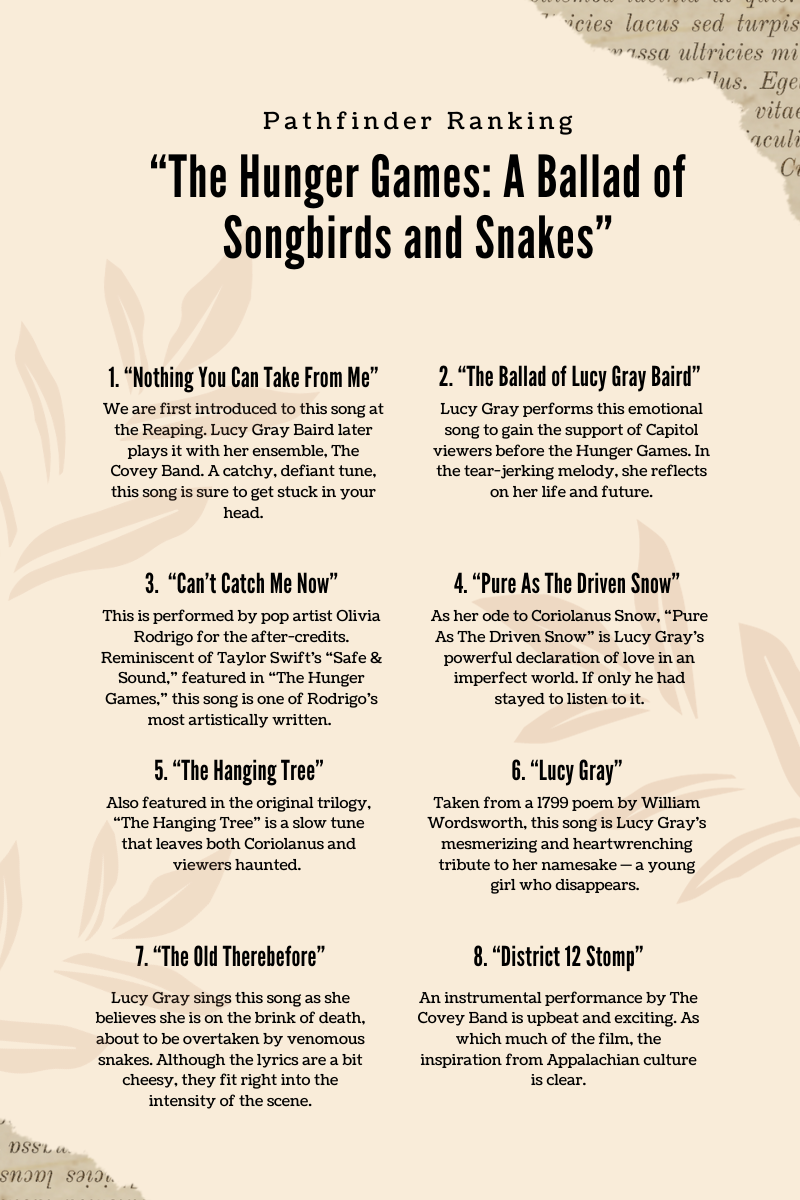
Zegler embodies Lucy Gray — sharp, spirited and undefeatable. We are first introduced to the character at the Reaping when she is chosen for the Hunger Games. True to its name, the movie is indeed a ballad. Lucy Gray launches into a seething rendition of “Nothing You Can Take From Me,” a defiant rebuke towards both the Capitol and her cheating ex-boyfriend.
In less capable hands, a character randomly launching into song in the middle of a tense scene could be cringe-inducing. But Zegler is able to flesh out all of Lucy Gray’s characteristic pomp and sass, all while subtly painting her undertones of fear and uncertainty. Although online haters have relentlessly criticized Zegler following her role in “Snow White,” much like Lucy Gray, she cannot be silenced.
While Blyth and Zegler gave masterful performances, some side actors left me underwhelmed. Vipsania Sickle and Coral were reminiscent of Disney Channel bullies — snobbish, cartoonishly mean and quite annoying. However, others, like Sofia Sanchez as Wovey, left me and the rest of the movie theater at the edge of our very nicely cushioned seats in suspense. Many scenes throughout the film brought us close to tears as characters fought just for a chance to survive.
However, if I were to judge the film simply by the wave of TikTok edits it has left in its wake, I would think it was a romance. Coriolanus and Lucy Gray share a deep connection forged in the trauma of the games, often characterized by distrust and jealousy, that eventually results in him trying to kill her. Murder notwithstanding, their chemistry is undeniable.
Without Coriolanus’ ever-manipulative inner monologue, something that readers of the book can attest to, his psychopathic, controlling nature is not clear in the movie. Rather, the cold villain we met in the original “Hunger Games” trilogy is shown in a more sympathetic light, complete with genuine tears over his friend’s death and several swoon-worthy scenes with Lucy Gray. This Coriolanus is not the President Snow responsible for the deaths of countless children in the Hunger Games but a teenage boy looking to support himself and his family. Although he has unhinged moments throughout the film, his true nature only becomes apparent in the final scenes as he hunts down Lucy Gray, overtaken by paranoia and lust for power.
Torn between loving and hating Coriolanus, viewers are left with a sense of moral ambiguity. There are no black-and-white answers; was Coriolanus evil all along? Or was he simply a product of his childhood, growing up destitute after his father was killed by rebel forces?
This ambiguity extends to the other members of the Capitol. In the original trilogy, Capitol citizens were very much enamored with the showy spectacle of the Hunger Games. In contrast, this movie takes place during a time when many still reject the inhumanity of the games. Characters like Tigris Snow, Sejanus Plinth and Casca Highbottom profess their hatred for the show. When Lucy Gray is left as the last tribute alive, surrounded by venomous snakes, the Capitol students watching her demand that she be released. The transformation of Capitol society into a grotesque place that somehow accepts children killing each other as entertainment is terrifying.
The moral gray of both Capitol citizens and Coriolanus himself forces us viewers to reflect on ourselves in a world where we are increasingly desensitized to tragedy. We have the luxury of caring about who Taylor Swift is dating or what sports team won last night’s game while wars wage overseas. We can watch brutality occur across the world on our phone screens and simply scroll to the next post. Viewers watching from the comfort of a first-world country, armed with a bucket of popcorn, must consider that we are the Capitol.
The magic of “The Hunger Games: The Ballad of Songbirds and Snakes” is that it makes us question whether we could ever accept this level of cruelty. In the right circumstances, could we be conditioned into believing that the Hunger Games are justified? While the concept seems so outlandish and dystopian now, the film illuminates how we are already numb to so much violence in our world. As Volumnia Gaul, Coriolanus’ mentor and an architect of the Hunger Games, states: “See how quickly civilization disappears?”

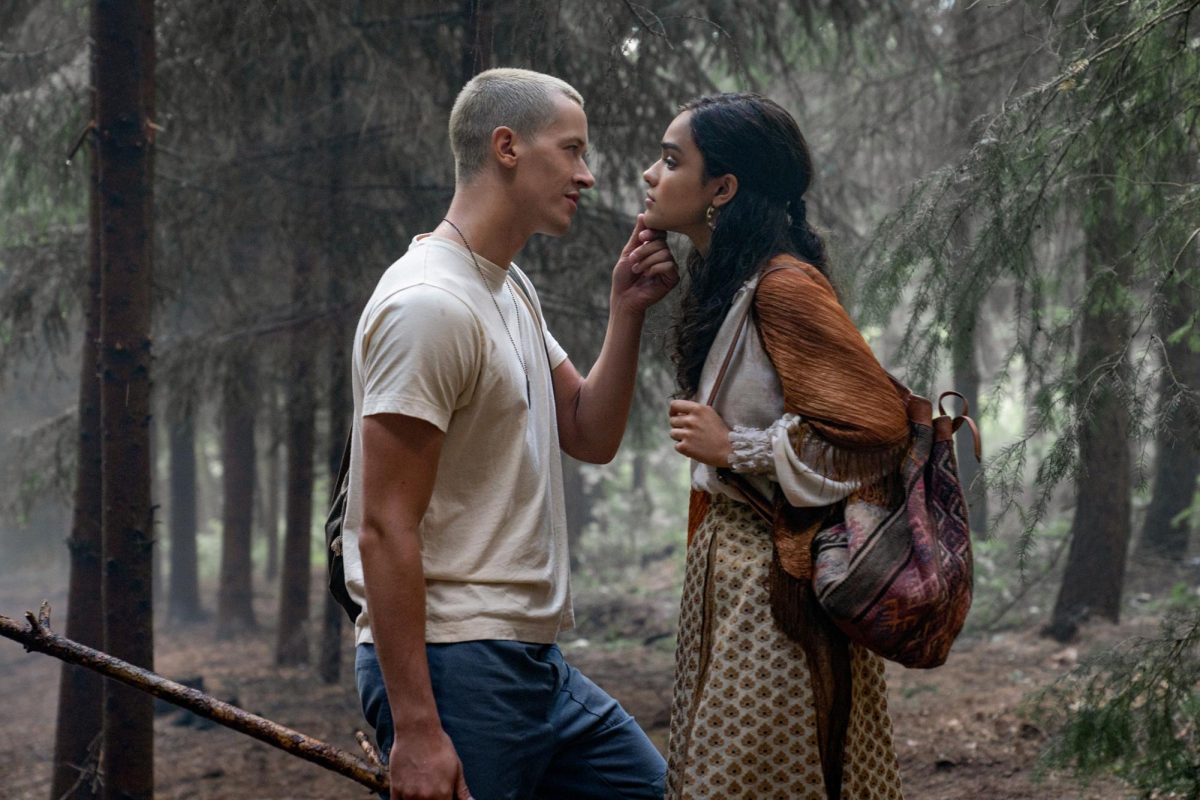

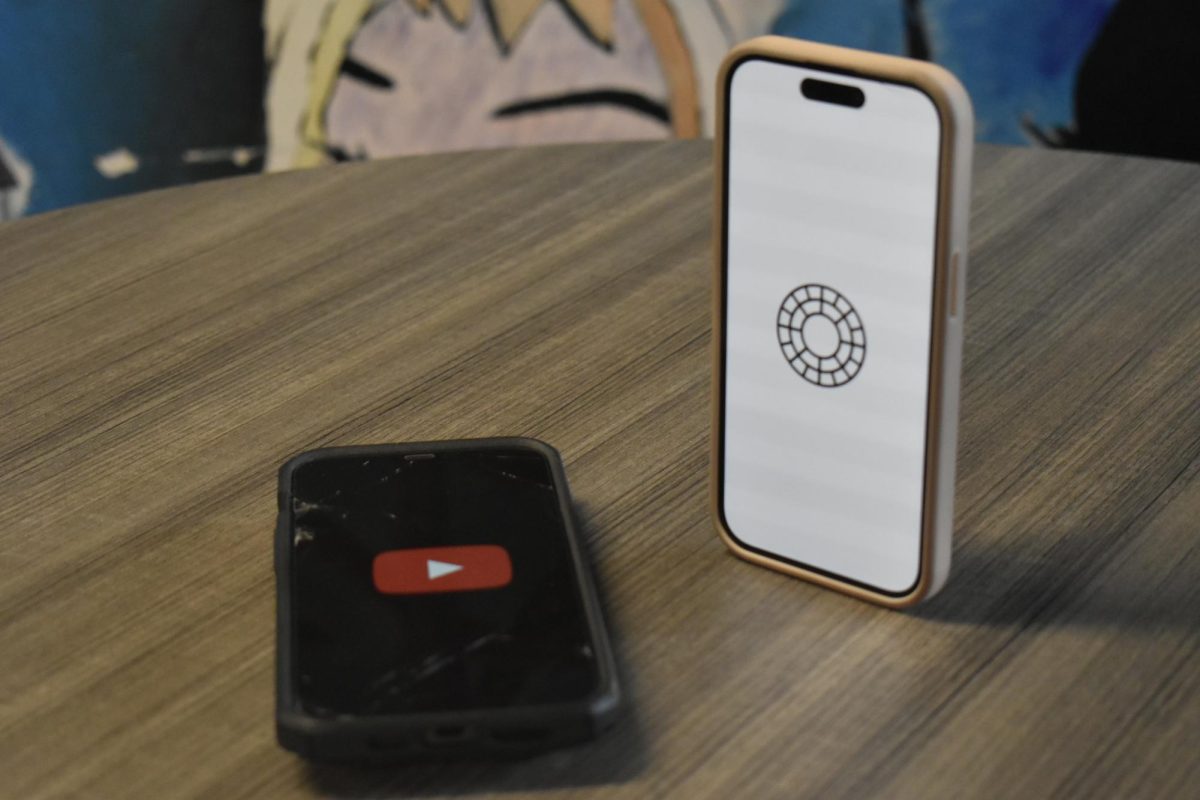
![There are more than 20 open cardio machines at Crunch Fitness. I enjoyed the spacious environment at Crunch, a sentiment that was shared by sophomore Sanjana Daggubati. “[Going to] Crunch Fitness was the right decision because [it] feels more professional. Crunch’s workers are laid back, but not to the point where they don't care,” Daggubati said.](https://pwestpathfinder.com/wp-content/uploads/2025/09/IMG_5242-1-1200x900.jpg)

![Various empty Kit Kat wrappers crowd the desk, surrounded by scoring sheets. While production of Kit Kat flavors in the U.S. is limited, Nestlé, the owner of Kit Kat, manufactures hundreds of unique flavors in Japan, including the flavors ocean salt and passion fruit. “I thought there [were] some interesting flavors, and a lot of them were really unexpected,” senior Elle Levesque said.](https://pwestpathfinder.com/wp-content/uploads/2025/09/image-2.png)

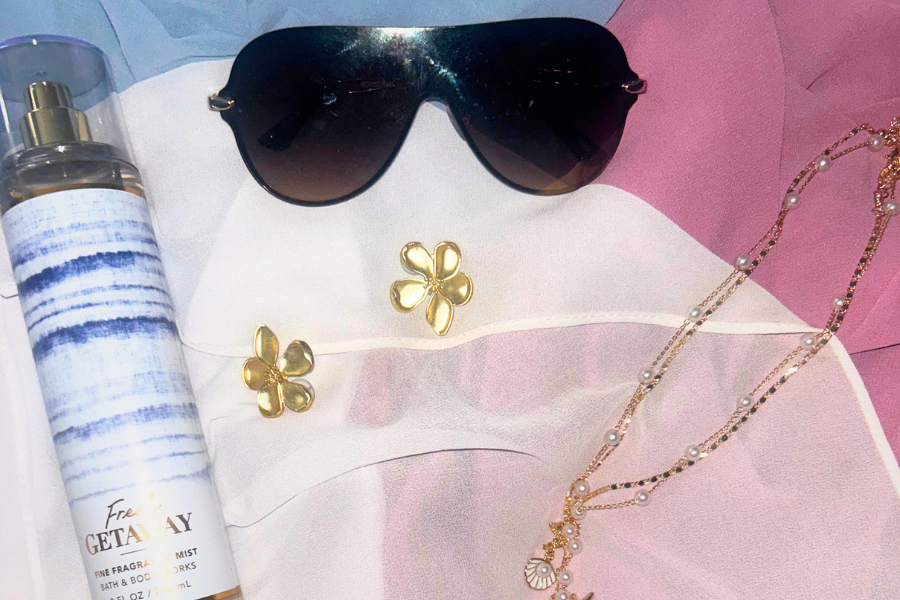
![Pantone’s selection of the 2025 Color of the Year is revealed: Mocha Mousse. Ceramics teacher Ashley Drissell enjoys this year’s selection. “Maybe it’s the name but [Mocha Mousse] reminds me of chocolate and coffee. It makes me hungry. It’s very rich and decadent,” Drissell said.](https://pwestpathfinder.com/wp-content/uploads/2025/02/DSC_0015-1200x800.jpg)

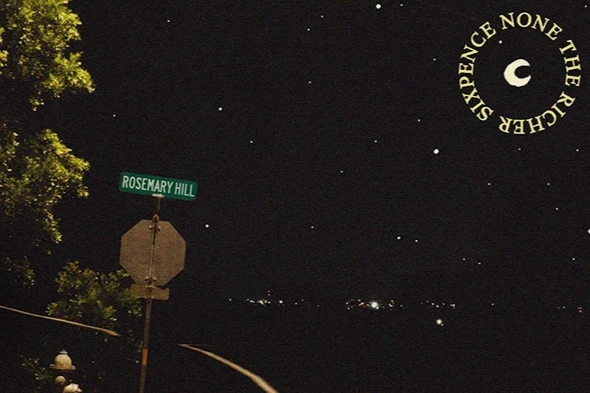

![Sophomore Aleix Pi de Cabanyes Navarro (left) finishes up a soccer game while junior Ava Muench (right) warms up for cross country practice. The two came to Parkway West High School as exchange students for the 2025-2026 school year. “The goal for the [exchange] program is to provide opportunities for both Parkway students and our international exchange students to learn about other cultures, build connections and become confident, capable, curious and caring — Parkway’s Four C’s — in the process,” Exchange Program Lead Lauren Farrelly said.](https://pwestpathfinder.com/wp-content/uploads/2025/10/Feature-Photo-1200x800.png)
![Leaning on the podium, superintendent Melissa Schneider speaks to Parkway journalism students during a press conference. Schneider joined Parkway in July after working in the Thompson School District in Colorado. “My plan [to bond with students] is to get things on my calendar as much as possible. For example, being in [classes] is very special to me. I am trying to be opportunistic [meeting] kids [and] being in [the school] buildings. I have all the sports schedules and the fine arts schedules on my calendar, so that when I'm available, I can get to them,” Schneider said.](https://pwestpathfinder.com/wp-content/uploads/2025/09/IMG_5425-1200x943.jpeg)
![Gazing across the stage, sophomore Alexis Monteleone performs in the school theater. The Monteleone family’s band “Monte and the Machine” has been releasing music since 2012, but Alexis started her own solo career in 2024 with the release of her first single, Crying Skies. “My whole family is very musical, [and I especially] love writing [songs with them],” Monteleone said.](https://pwestpathfinder.com/wp-content/uploads/2025/09/DSC7463-1200x798.jpg)

![Leaping through the air, senior Tyler Watts celebrates his first goal of the season, which put the Longhorns up 1-0 against the Lafayette Lancers. Watts decided to play soccer for West for his last year of high school and secured a spot on the varsity roster. “[Playing soccer for West] is something I had always dreamed of, but hadn’t really had a good opportunity to do until now. It’s [really] fun being out [on the field], and I’m glad I decided to join the team. It’s just all about having fun with the boys and enjoying what time we have left together,” Watts said.](https://pwestpathfinder.com/wp-content/uploads/2025/09/DSC_1951-1200x855.jpg)

![Junior Fiona Dye lifts weights in Strength and Conditioning. Now that the Trump administration has instituted policies such as AI deregulation, tariffs and university funding freezes, women may have to work twice as hard to get half as far. "[Trump] wants America to be more divided; he wants to inspire hatred in people,” feminist club member and junior Clara Lazarini said.](https://pwestpathfinder.com/wp-content/uploads/2025/05/Flag.png)
![As the Trump administration cracks down on immigration, it scapegoats many immigrants for the United States’ plights, precipitating a possible genocide. Sophomore Annabella Whiteley moved from the United Kingdom when she was eight. “It’s pretty scary because I’m on a visa. When my visa expires next year, I’m not sure what’s going to happen, especially with [immigration] policies up in the air, so it is a concern for my family,” Whiteley said.](https://pwestpathfinder.com/wp-content/uploads/2025/05/DSC_0077-7copy.jpg)
![Shifting global trade, President Donald Trump’s tariffs are raising concerns about economic stability for the U.S. and other countries alike. “[The tariffs are] going to pose a distinct challenge to the U.S. economy and a challenge to the global economy on the whole because it's going to greatly upset who trades with who and where resources and products are going to come from,” social studies teacher Melvin Trotier said.](https://pwestpathfinder.com/wp-content/uploads/2025/05/MDB_3456-1200x800.jpg)


Will Gonsior • Jan 11, 2024 at 8:51 am
SERENA I LOVE THIS
you totally nailed it
thank you
presentation, character analysis, style, pure unadulterated awesomeness, all there
also mini rant the main difference between the Capitol and the USA is that the US is (in the post Cold War era at least) fiercely protective of its sphere of influence and less prone to turning states into vassals like the Capitol does. It’s easy to lump the USA and Panem together, because no country has ever been a global hegemon without a few war crimes. (And “a few” is definitely a low estimate when discussing those two particular empires.) But that underscores the point of American hegemony, which is that the alternative is worse. Hegemony by America is deeply corrupt and flawed; very not fun. Hegemony by the Capitol (or China for that matter) would be dystopia. I have now completely detatched myself from the wonderful point you were making about how we Americans are deeply desensitized to violence and that our belief in “civilization” is a veil to hide how terribly brutal we are. You are absolutely, frighteningly correct.
that rant was not as mini as i thought it was going to be was it
Emily Early • Jan 10, 2024 at 4:17 pm
best review to ever review ever
Lauren Holcomb • Jan 10, 2024 at 4:07 pm
more like the ballad of songbirds and snATE. bc you ate. yay <3